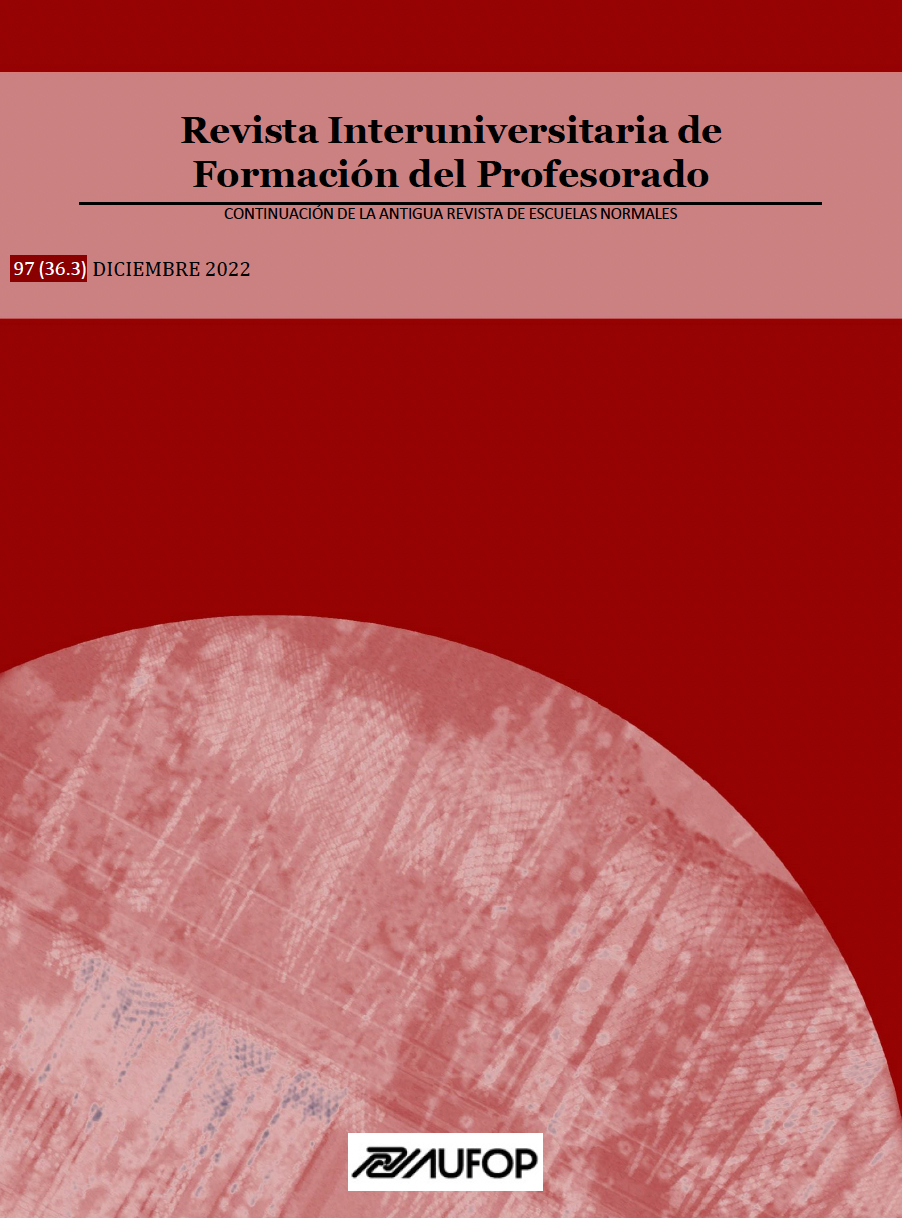The relationship between creativity and reading competence: towards a new model of reading education for teacher education
DOI:
https://doi.org/10.47553/rifop.v97i36.3.96520Abstract
The main aim of this study is to analyse whether creativity can be linked to the reading process of secondary education students, in order to discover a new model of reading education that can be applied in the field of teacher training. The research was carried out using a quantitative, non-experimental, correlational, descriptive methodological design.
The sample consisted of 154 students attending 1st and 4th years of Secondary Education, who were administered the battery for the Evaluation of Reading Processes in Secondary and Baccalaureate - Revised, PROLEC-SE-R (Ramos et al., 2016) and the CREA Creative Intelligence test (Corbalán et al., 2003).
The most remarkable results show that creativity is significantly positively correlated with five of the six reading dimensions (lexical selection, semantic categorisation, grammatical structures, grammaticality judgements and expository comprehension), as well as with the general reading index, which allows us to consider creativity as a component of the reading process. Moreover, there are no statistically significant differences in the levels of creativity and reading comprehension according to gender, while there are significant differences with respect to educational level.
Finally, we conclude by stating that it is necessary to advance in the description of a reading profile that allows us to identify the factors that influence the development of text comprehension, in order to transfer these results to educational practice and teacher training.
Downloads
Published
How to Cite
Issue
Section
License
The "Revista Interuniversitaria de Formación del Profesorado (RIFOP)", with ISSN print 0213-8646 and ISSN electronic 2530-3791), adheres to the copyright notices proposed by Creative Commons
Authors’ rights
Papers published in the journal are subject to the following terms:
1. The Asociación Universitaria de Formación del Profesorado (AUFOP) is the editor of the RIFOP and holds the copyright of the papers published therein. The reuse of these is allowed under the license for use as indicated under point 2.
© Asociación Universitaria de Formación del Profesorado (AUFOP)
2. The papers are published in electronic version under the license CreativeCommons Reconocimiento-NoComercial-SinObraDerivada 3.0 España (texto legal). Papers can be copied, used, disseminated, transmitted and publicly exhibited provided that: i) the authorship and original publication source are cited (journal, editors and URL of the paper); ii) they are nit used for commercial gain; iii) the existence and specifications of the license for use are mentioned.
3. Auto-archiving conditions. Authors are allowed and encouraged to disseminate electronic pre-print versions (versions prior to peer review) and/or post-print (versions reviwed and accepted for publication) of their papers prior to their publication, since this favors prompt circulation and dissemination and supposes a possible increase in cites and scope within the academic community.
Privacy declaration
The names and email addresses incorporated into this journal will be used solely for the declared purposes of the journal and will not be available for any other purposes or to third parties.






